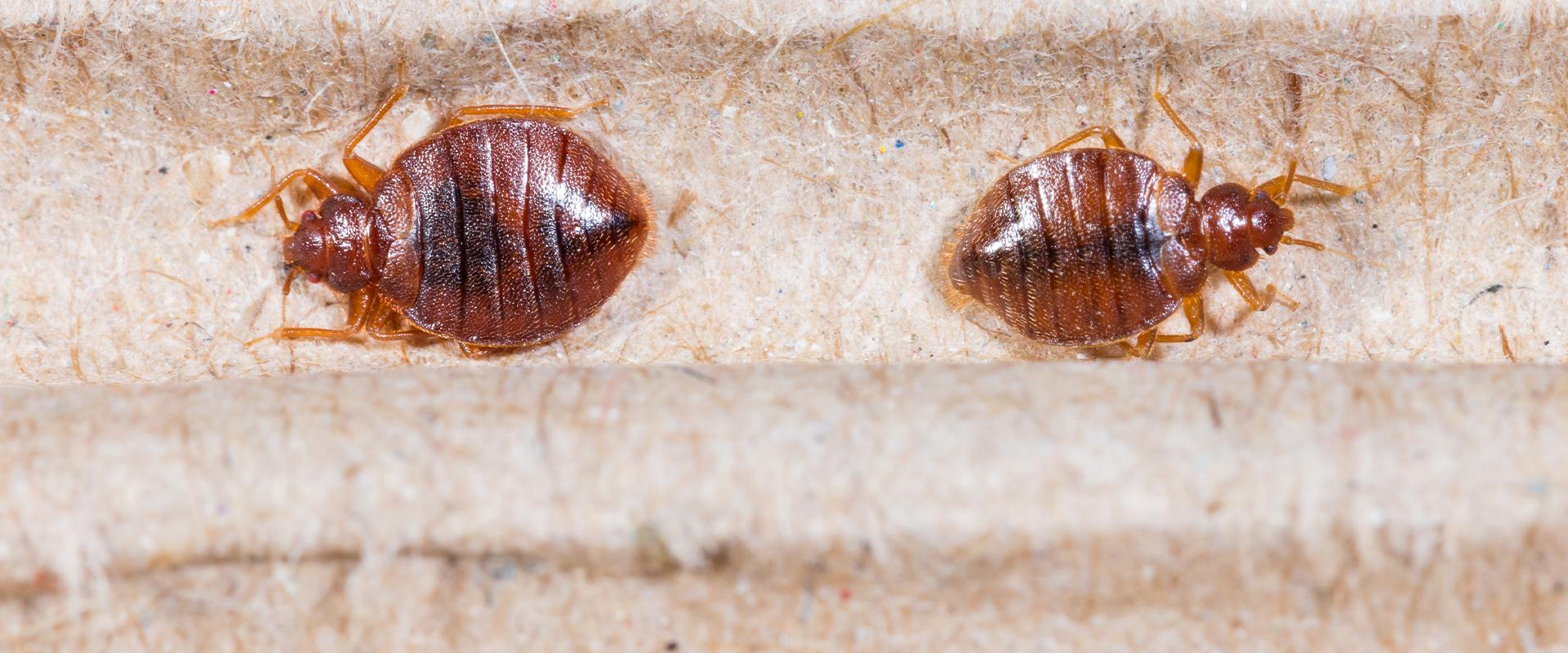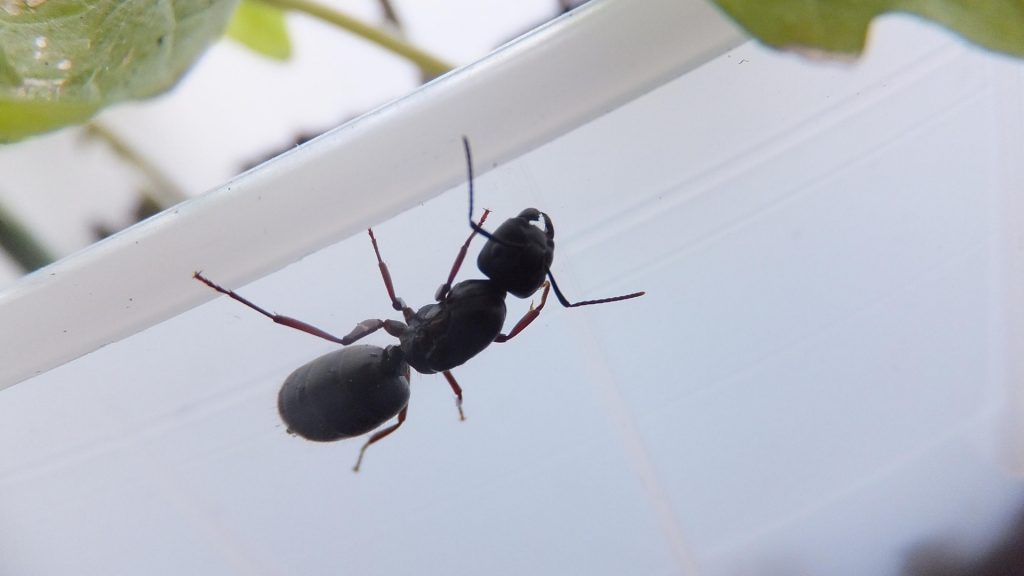This great article down below in relation to Here's What To Expect During a Water Damage Remediation is relatively engaging. You should check this stuff out.

There are a variety of methods to maintain parasites out throughout winter season, including installing protection displays on doors and windows. You can likewise use airborne gadgets like toxin sprayers or catches that will certainly record them as they try to participate in your home without approval from the thermostat switch!
Clean Rain gutters
The parasites are trying to find a comfortable place to nest as well as breed throughout winter. If you've sealed up your house but have leaves or sticks in the seamless gutters, it's attractive so they might produce their habitat there which might lead to blocking of rain gutter systems also creating roof issues-and more!
Repair Holes and Cracks
The very best means to keep pesky pests out throughout the year is by fixing fractures as well as openings. They may also press into a little seat beneath your entrance. Hence, you should do the following:
Display vents
Seal gaps in windows
Patch up splits or holes in floorings, ceilings, and also walls
Inspect the attic room for concerns
Put weather-strips on entrance doors
Take Notice Of Fire Wood Storage
These parasites might finish up infesting any part of our house - particularly if they've been stored near structures where there's much less wetness than other components (like external walls). To avoid this problem: store timber indoors or outdoors away 20 feet off the ground; make sure it's covered when not in use; seal all cracks around doorframes/ windowsill elevation with specialist bug control items
Go On Crumb Control
You can minimize the number of insects in your home by controlling crumbs. When you aren't wasting food, there's absolutely nothing for them to consume! Hence, you need to make certain you do the following:
Wipe counters
Sweep floors
Vacuum frequently
Tidy couches and chairs
Keep leftovers properly
Clean Up Plants
Make certain they are tidy and cost-free of insects when you bring your potted plants inside for the winter months. Provide a fast rinse to obtain rid or aphids that like residing on these tough little guys! Listen not simply around their leaves yet likewise in locations like origins.
Rake Dead Leaves and Dispose
Piled-up dead leaves provide warmth that pests love. They can also serve as an excellent hiding place, which these creatures appreciate. To ensure you keep them out and also do away with any undesirable pests in your home.
Call us today and also our team will certainly visit for an evaluation, so we know what needs to be done.
These parasites might end up infesting any kind of part of our home - specifically if they've been kept near foundations where there's less wetness than various other components (like outer walls). To avoid this trouble: shop timber inside your home or outdoors away 20 feet off the ground; make sure it's covered when not in use; seal all splits around doorframes/ windowsill elevation with specialist insect control items
You can reduce the number of parasites in your home by managing crumbs. When you bring your potted plants inside for the winter, make certain they are tidy and complimentary of parasites. Piled-up dead leaves supply heat that pests love.
How to Effectively Prevent Mice in the Kitchen
Store Food Away
When food becomes scarce outdoors, mice may turn to your kitchen for their sustenance. In the wild, mice eat seeds, roots, leaves, stems and insects. In your kitchen, mice will eat just about anything — including glue, soap and other common household materials. They can gnaw through plastic bags, plastic containers and cardboard boxes to get into food that appears to be protected and sealed.
For this reason, one of the easiest ways to make your kitchen less desirable for mice is to store your food properly. Items such as uncovered leftovers, exposed fruit bowls, exposed pet food and food in cardboard containers can become a feast for mice. The CDC recommends the following actions to protect your food from mice:
Keep food on counters and in cabinets inside thick, airtight plastic or metal containers. Clean up any spilled food or crumbs right away. Avoid leaving dirty dishes or utensils in the sink or on the counter overnight. Keep kitchen trash cans tightly sealed, and empty them regularly. Even if your counters and cabinets are high off the ground, you should mouse-proof your food items. Mice have sharp claws that enable them to climb surfaces like wood, metal and plastic. Despite their small stature, mice have the agility and build to climb on counters with relative ease. Make sure to store the food items on your counters in heavy, sealed canisters to keep them out. Prune the Exterior of Your Home
Many kitchens face into backyards or gardens. While this may make for a scenic view of bushes and shrubs outside your kitchen window, it may also present an issue when dealing with mice. The landscaping you have outside your kitchen and around the base of your home can make an inviting home for mice when unkempt.
Mice like to make homes in woodpiles, storage areas or hidden spots near food. They typically like to nest in soft substances like rags, paper or leaves. If you have any of these objects or areas near your home, mice may take up residence and be more likely to move inside when the weather gets colder.
To keep your exterior protected from mice, the Environmental Protection Agency (EPA) recommends removing piles of leaves and deep mulch from your property. In addition, the NPMA recommends keeping your shrubs and bushes trimmed and keeping mulch at least 15 inches from the foundation of your home.
In general, take a look at the materials and plant life you have near the exterior parts of your home connected to your kitchen. If you notice any piles, overgrown bushes or soft substances mice may use for nests, consider pruning the area before the mice seek shelter indoors.
Set Up Traps
One of the most common and traditional methods of dealing with kitchen mice is using traps. If you decide to use traps, there are some important safety practices you should implement. There are two types of mouse traps you may find in stores:Snap Traps: These traps feature an area for bait that triggers a forceful metal piece when touched. Though not always effective, this trapping method kills mice on impact and prevents dangerous bites or contact during disposal. The CDC recommends using a pea-sized amount of peanut butter on the traps and positioning the bait end perpendicularly against the wall. Use multiple snap traps in the areas with the most mouse droppings for maximum effectiveness. Glue Board Traps: Though glue boards are a nontoxic option, they may not be as safe as they appear. The CDC discourages homeowners from using glue traps for several reasons. These traps leave mice stuck but still alive, which means they may urinate on the board. The urine, combined with the chance that live mice may still bite, creates a dangerous opportunity for exposure to rodent-borne disease during trap disposal. It’s important to note that mouse traps should not be used in areas where children or pets may be present. Your kitchen is likely a high-traffic area, which means traps may not be a safe option in this room. Also, several traps may not be enough to take care of an infestation. Think carefully before using traps to catch mice to keep your kitchen safe and family-friendly. Use Essential Oils
The scent of some essential oils may work to deter mice from entering your kitchen. In a study conducted on natural rodent repellents, researchers concluded that chili, wintergreen, bergamot, geranium and peppermint oils discouraged rats from visiting a testing area. Of this group, peppermint oil is one of the most commonly used and available for purchase.
Add several drops of peppermint oil to a spray bottle filled with water and spritz the mixture near any kitchen gaps or openings and areas that contain food. You may also choose to add drops of peppermint to cotton balls and place them in and around gaps and food sources. This method not only protects your home, but it also makes your kitchen smell like a fresh candy cane!
One of the benefits of this method is that it is safe for use around pets and children. If used by themselves, essential oils may not be enough to prevent and eradicate mice completely. However, when paired with other methods, essential oils can make an excellent supplementary measure.
Hire the Best in Pest Control
You may use your kitchen for entertaining, but mice are never the intended guests. To reclaim your space and peace of mind, call Spectrum Pest Control. Our state-certified technicians will inspect your property and create a customized plan to eradicate the pests in your home as quickly as possible.
We understand that finding and dealing with pests is inconvenient and frustrating. That’s why we offer affordable prices and high-quality service for every situation.
https://spectrumpestcontrolinc.com/blog/how-to-keep-mice-out-of-kitchen

I came across that content on Here's What To Expect During a Water Damage Remediation when doing research the internet. Loved our piece of writing? Please share it. Let someone else find it. Thanks a lot for your time. Don't hesitate to stop by our blog back soon.
Information